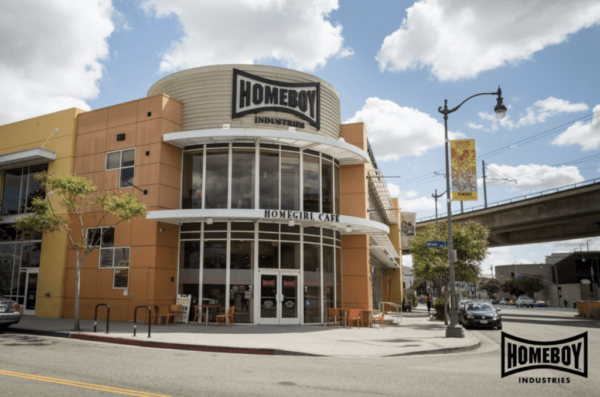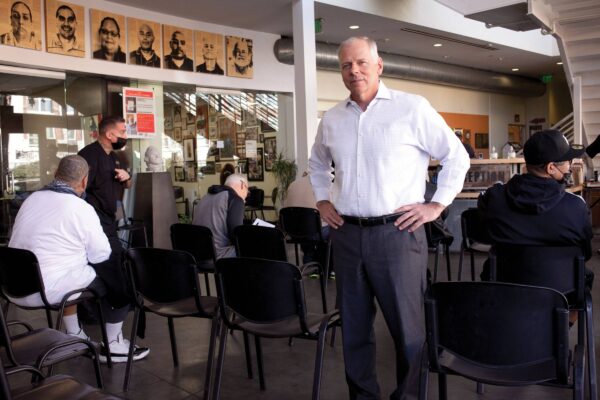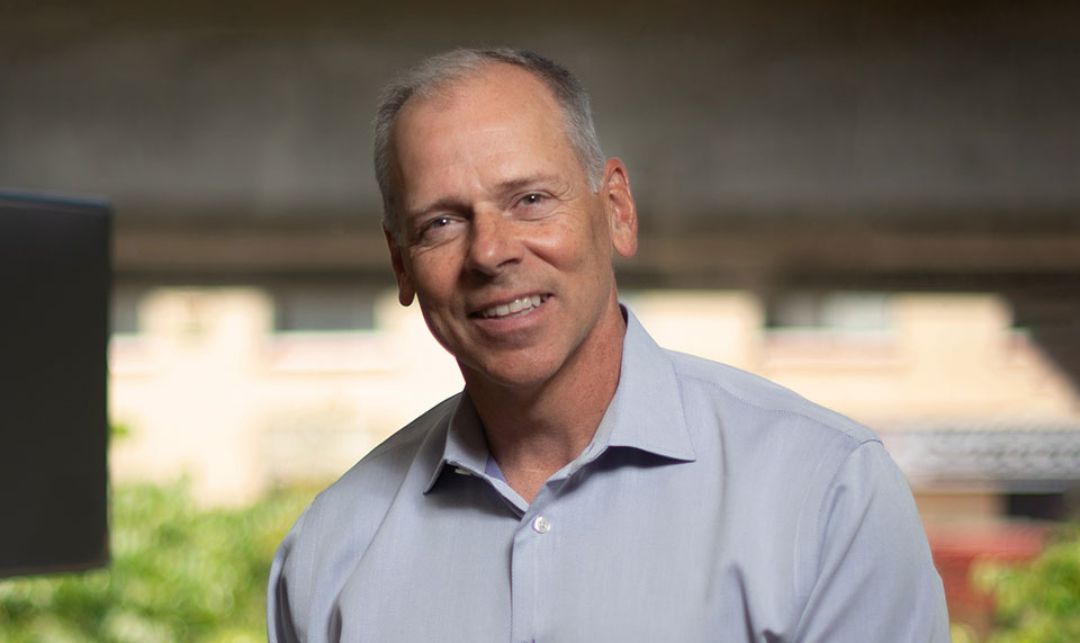Businesses are a cause for good.
I’ve always believed that well-run companies are good for our society. They can produce quality jobs that allow people from all walks of life to move their lives forward. What makes for a well-run company?
In my experience, a well-run company achieves a balance of three key value drivers. Like three legs of a stool, if any one of these is out of balance, the organization will struggle to remain upright.
First, you need to be successful in the marketplace, driving shareholder value with good financials. That’s the financial side. Second, you should provide products and services that customers want and ones that your team is proud to offer. Third, it needs to be a place where people want to work and where their dreams and ambitions come true while they do their jobs.
My 12 years at Homeboy Industries, the largest gang-rehabilitation and reentry program in the world, really evolved my thinking on being a place where people want to work. In many ways, it all comes down to a mindset shift. The shift is understanding that the results are both numerical and mission-related, that the “purpose” to be in business is to win and succeed as a team—to create an environment where everyone is uplifted together. It’s almost a reversal of priorities.

When I became the first CEO of Homeboy Industries, in 2012, I had no idea how much I would be changed to my core. I have the privilege of being hands-on at Homeboy every day, driving hiring practices that are antithetical to traditional corporate hiring practices.
Our goal each day is to create a sustainable workplace culture where people can thrive.
As Father Greg Boyle, who founded Homeboy Industries 37 years ago, says, “Achievements are a by-product of thriving.”
In that spirit, we have created and cultivated an environment where formerly incarcerated gang members can soar and dreams can be realized, all while driving revenue and delivering excellent services and products across Los Angeles and beyond.
What I came to learn at Homeboy is that for our social enterprise businesses, where we employ former gang members (homies), we “bake bread to hire homies, not hire homies to bake bread.” We run our business with the main goal to grow it so that we can hire more people who need us. This is what appealed to me, to do well in business so that you can hire more people, to give others a chance to improve their lives.
We have become authentic practitioners of giving people “second chances” and thus our brand has come to represent this effort. Now that the marketplace knows our ethos, people want to buy from us, partner with us, and be part of the Homeboy effort. We imbue our businesses with meaning and share that through our messaging. For our electronic recycling company, our tagline is “Recycle with us – impact a life. Help protect the environment while providing job opportunities and hope.” For our merchandise store, we market under the line “products with a purpose.” For our bakery and café, we say our food is made with “love and kinship.”
As the country reckons with how best to improve racial equity and a stubbornly consistent poverty rate of 11% to 12%, I believe a main factor will be how to bring more people along—out of poverty—and into quality jobs that provide for growth up the economic ladder. It’s not good enough to just provide entry-level (usually minimum-wage) positions, but instead provide jobs that lead to something more substantive. To do so will mean overinvestment in terms of developing people’s employment skills while they are working.
A very proactive approach for people on the margins with the same type of lived experience is to provide guidance, mentorship, and coaching. I suspect that the same factors that have presented a challenge for Homeboy other organizations will face when endeavoring to truly push people up the economic ladder. Our hard-earned lessons should be models for other organizations that wish to take a similar path and work to bring about equity.

The way forward is to build businesses for the long term. Long-term employability, long-term profitability, long-term impact. This can all be accomplished if investors are willing to accept a modest return on their money—call it a societal return or public-value return—not meager, not piggish, just a fair amount. Doing this is straightforward.
Many people know how to build or acquire businesses, and I believe there are people (donors and investors) out there willing to accept a lower rate of return to accomplish a societal goal. The innovative part is to marry this investment model with a specific mission. At Homeboy, that mission is to provide good jobs for our graduates. Using investment capital to employ the unemployable into upwardly mobile jobs that pay market-based wages will have a monumental impact on our society.
Think about the multiplier effect these types of business investments have. By working in these businesses, people are earning a decent wage; they have company-paid benefits and company-paid health insurance, nestled within a therapeutic, healing community. Payroll taxes are paid; state and federal taxes are paid. Our people go from being a financial “burden” on our society to contributing members who empower and create sustainable economic growth in the communities in which they live and work.
A study conducted in 2014 by the Mathematica Policy Research organization shows that for every payroll dollar earned by our target population, there is a $2.23 benefit to our society. Think about that in light of the Homeboy business payroll. Our current annual payroll is approximately $4 million for those who work in our social enterprises. That means we will produce a “hard-cost” savings to society of more than $8 million this year.
The path forward I’m talking about is not complex. It’s as simple as investing in businesses that provide economic opportunities to people who have not been given a fair shot before. This investment is not hard to make; it just takes the willingness to not fall into the trap of maximizing shareholder value by dictating that it either produces high yields or needs a turnaround.
The mindset needs to be financial returns and employment stability. Let’s put our best business minds to use in creating companies with huge employment returns as opposed to creating companies with huge financial returns. Let’s create businesses to reverse the decades-long legacy of economic and racial inequality. Let’s create businesses that invest in people who are just beginning to see life bloom before them.
Let’s create businesses the Homeboy Way.
Thomas Vozzo left a lucrative career in corporate America convinced there had to be a better way to define success. In 2012, Vozzo became the first-ever CEO of Homeboy Industries, the largest and most successful gang intervention, rehabilitation, and re-entry program in the world.














































